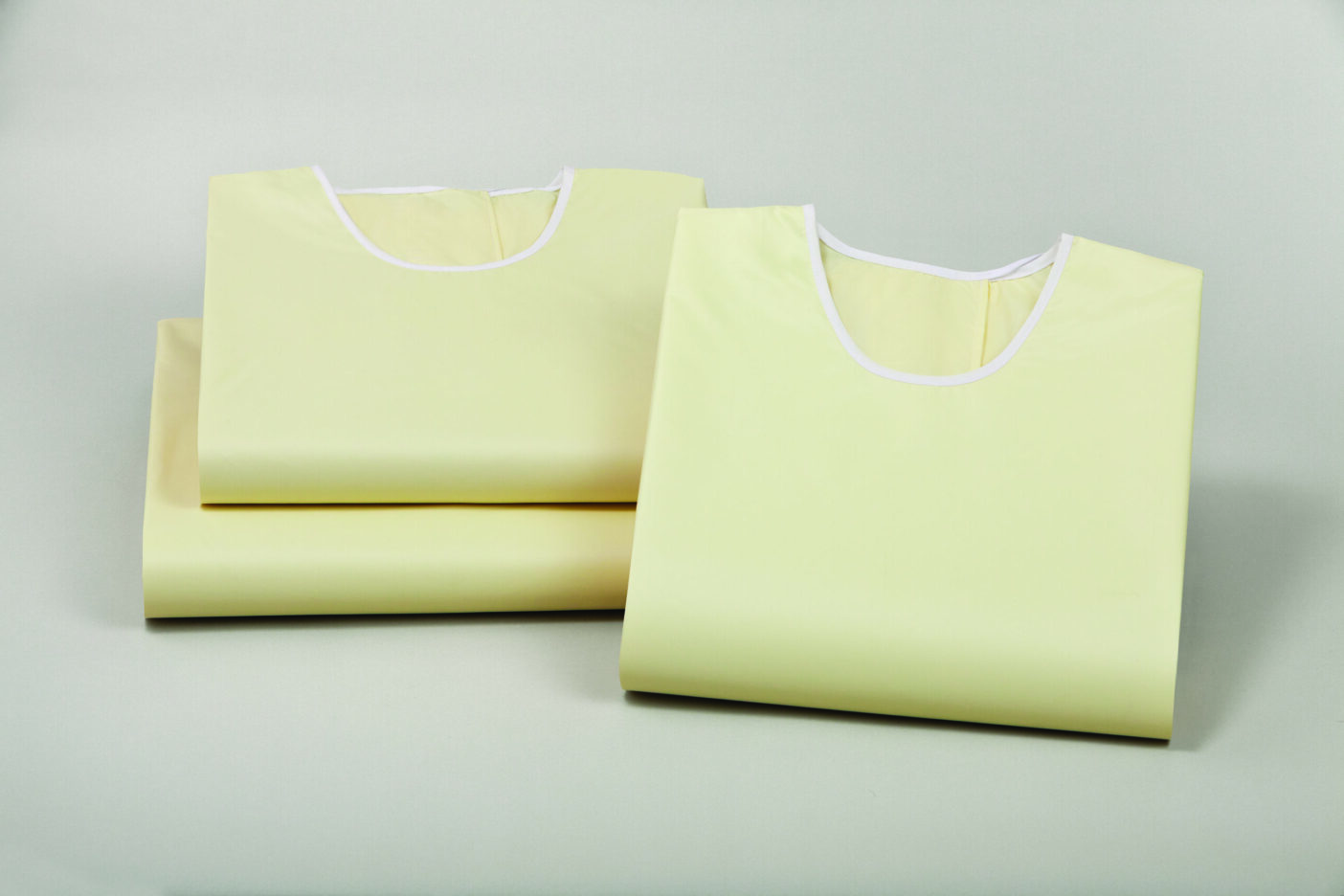When entering a guestroom, housekeepers have no idea what they are getting into when they step inside. Viruses and other pathogens could be lurking on every surface. Although daily housekeeping service has ended since the COVID-19 pandemic surged, unless requested, the potential of getting sick from something inside the room is always there.
Of course, the need for housekeeping will always be there, as it has been and will be long after the pandemic is over. But COVID-19 has brought with it new ways to clean that will stay.
“The mantra of clean for hospitality is absolutely going to continue, and COVID-19 has intensified the focus on cleanliness,” said Greg Eubanks, group VP, hospitality sales & marketing, Standard Textile. “Every hotel brand has partnered with or implemented new cleaning resources, and the pandemic has led to the execution of new processes at hotels, such as aerosol fogging of rooms and replacing items that used to be reusable (such as cups). However, the trend really started years ago when hoteliers made the transition from paisley and multi-print quilted bedspreads in order to hide stains to all white bedding that visibly demonstrated products were fresh and clean and laundered prior to guests’ arrival.”
Housekeepers, too, can be more visible when following cleanliness protocols that were created in response to the pandemic, which will reassure guests that the job is being done. Standard Textile’s isolation gowns, similar to those used by the healthcare industry, can be put over housekeeping uniforms to not only protect the staff, but also provide guests with the visual that the protocols are not just lip service.
“Hotel guests want to see and know that housekeepers are following cleanliness protocols,” said Eubanks. “While a housekeeping uniform may have been appropriate a year ago, it is important to hotel customers today to observe housekeeping teams wearing isolation gowns and gloves, and to understand what the hotel is doing to address cleanliness. We are also seeing a desire coming from hotel guests to see linen covered on housekeeping carts. Guests want assurance that clean linens have not been exposed to any other guests before the linen enters their room.”
During the pandemic, Standard Textile, which has multiple divisions and 80-plus years of expertise in healthcare textiles, has been supporting America’s frontline workers.
“In March 2020, Standard Textile began leading an urgent charge to increase production of PPE [personal protective equipment] such as protective gowns, face masks and face shields, in order to provide hospitals and healthcare workers in the U.S. with additional protection against COVID-19,” said Eubanks. “In a collaboration between our company’s research and development laboratory, and our operations in Thomaston, GA, and Union, SC, we were also able to rapidly develop a unique American version of a liquid resistant, breathable and reusable cover gown for healthcare workers.”
Those same products used by Standard Textiles’ healthcare customers around the globe can be purchased by its hotel customers, noted Eubanks, who added, “We have been able to help provide our healthcare-related expertise and support to our hospitality industry partners. Products that are particularly important to our hospitality customers include reusable isolation gowns and gown dispenser bags; scrub apparel that can be laundered on-site; microfiber cleaning cloths; and mattress and pillow protection.”
Isolation gowns, sometimes referred to as precaution gowns, that function as protective attire vary based on their specific liquid barrier properties, according to the executive.
“The barrier classification system and associated minimum requirements for protective apparel is established by the Association for the Advancement of Medical Instrumentation (AAMI), approved by The American National Standards Institute (ANSI) and adopted by the U.S. Food and Drug Administration (FDA),” he said. “By specifying a consistent basis for testing and labeling protective apparel and drapes, and providing a common understanding of barrier properties (e.g., efficacy against liquid or liquid-borne microorganism penetration), this classification system can assist healthcare personnel in determining the most appropriate product for the anticipated task. Standard Textile is able to provide a variety of healthcare industry gowns for our hospitality clients, which meet ANSI & AAMI Levels standards and function as protective attire when processed according to instructions.”
The protective uniforms should be chlorinated bleach-cleanable, which allows for effective viral kill of SARS and COVID-19. “However, bleach treatments can also affect uniform colors in a negative way, so having products that incorporate some polyester yarns can help maintain the color integrity,” said Eubanks. “If a hotel’s employees are taking their uniforms home to launder, it is even more important that the uniform is bleach-cleanable.”
